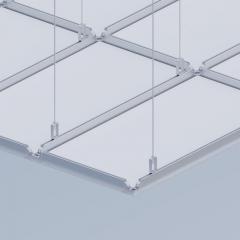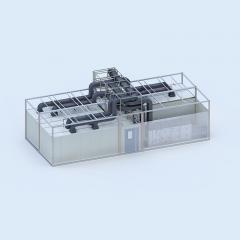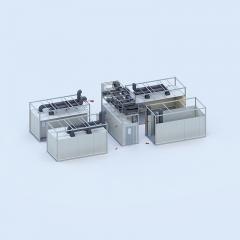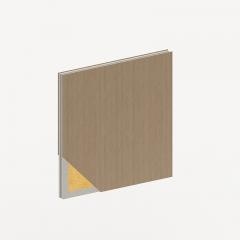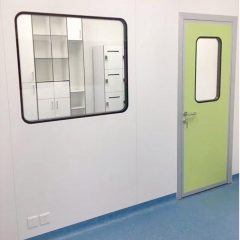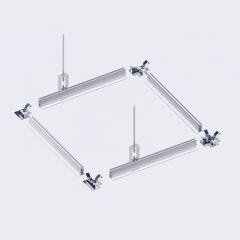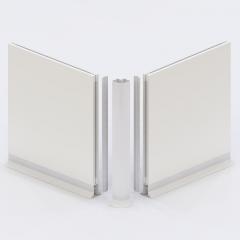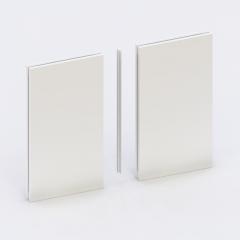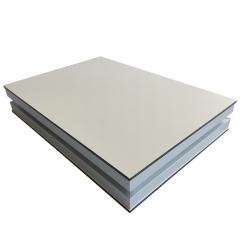Clean rooms have had a significant impact on modernity across various industries and fields, particularly in the areas of technology, healthcare, and scientific research. Clean rooms are controlled environments designed to minimize contamination from airborne particles, dust, microbes, and other contaminants. They typically feature advanced air filtration and purification systems, strict protocols for entry and cleanliness, and specialized equipment and apparel for employees.
Here are some ways clean rooms have influenced modernity:
1. Semiconductor and Electronics Industry: Clean rooms are essential in the manufacturing of semiconductors, microchips, and electronic devices. These facilities ensure that the production environment is free from contaminants that could adversely affect the performance and reliability of sensitive electronic components. The cleanliness and precision in these environments have contributed to the development of smaller, faster, and more powerful technologies, driving advancements in computing, telecommunications, consumer electronics, and automation.
2. Healthcare and Pharmaceuticals: Clean rooms play a crucial role in pharmaceutical manufacturing, research and development, and sterile healthcare environments. They are used for the production of sterile drugs, vaccines, and medical devices, ensuring the safety and efficacy of these products. Clean rooms also provide controlled environments for surgeries, isolation units, and bio-containment facilities, protecting patients and medical staff from infections and contaminants.
3. Biotechnology and Life Sciences: Clean rooms are extensively employed in biotechnology and life sciences research. They are used for the cultivation of cell cultures, production of recombinant proteins, genetic engineering, tissue engineering, and pharmaceutical research. Clean rooms provide the necessary conditions to isolate and manipulate biological samples without contamination, allowing scientists to conduct precise experiments and develop innovative therapies.
4. Aerospace and Precision Engineering: Clean rooms are utilized in aerospace manufacturing and precision engineering industries, where the assembly of sensitive components requires strict environmental control. They are used in the production of aircraft, satellites, spacecraft, and high-precision instruments. Clean rooms enable the assembly and testing of these complex systems in contamination-free environments, ensuring their reliability and safety.
5. Environmental and Material Sciences: Clean rooms are instrumental in the study of materials and the characterization of nanoscale structures. They provide controlled conditions for nanotechnology research, materials testing, and surface analysis. Clean rooms also contribute to environmental monitoring by offering particle-free environments for the calibration of sensitive instruments and the analysis of air, water, and soil samples.
Overall, clean rooms have revolutionized modernity by enabling the development and production of cutting-edge technologies, fostering advancements in healthcare and pharmaceuticals, facilitating breakthroughs in scientific research, and ensuring the reliability and performance of critical systems. The stringent control of contaminants in clean rooms has paved the way for numerous innovations that have shaped our modern world.
What is meant by clean room?
--Answer:
A cleanroom is a controlled environment that filters pollutants like dust, airborne microbes, and aerosol particles to provide the cleanest area possible.
